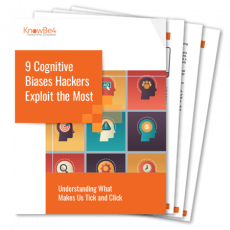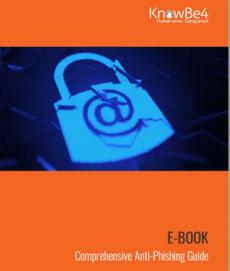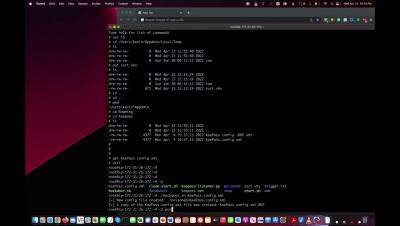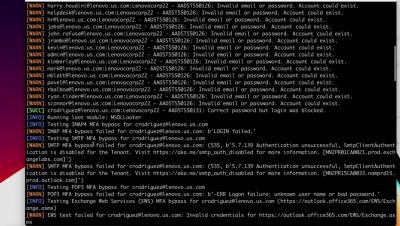Cyber Insurers Quietly Remove Coverage for Social Engineering and Fraudulent Instruction Claims
As cyber insurers become more experienced in what kinds of claims are being presented, and the threat action details therein, specific types of coverages are no longer being included. I’ve written quite a few times about specific cyber insurance claim cases that required going to court to settle. And in most of them, the courts sided with the insurer because the wording in the cyber insurance policy made certain it was covering specific use cases.










